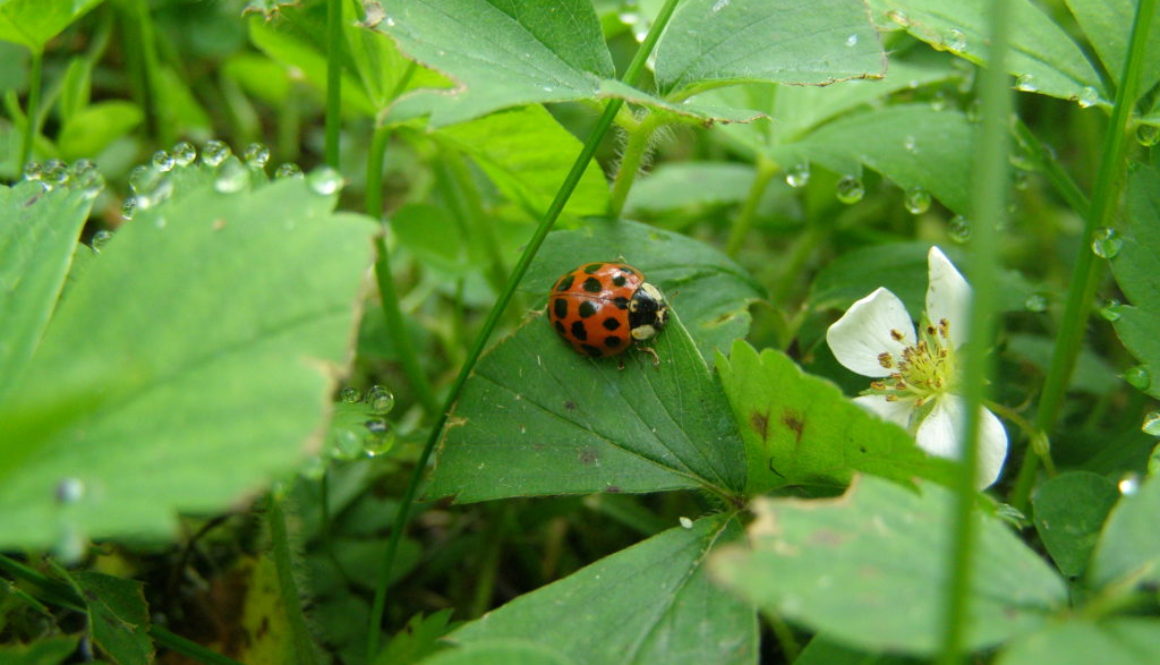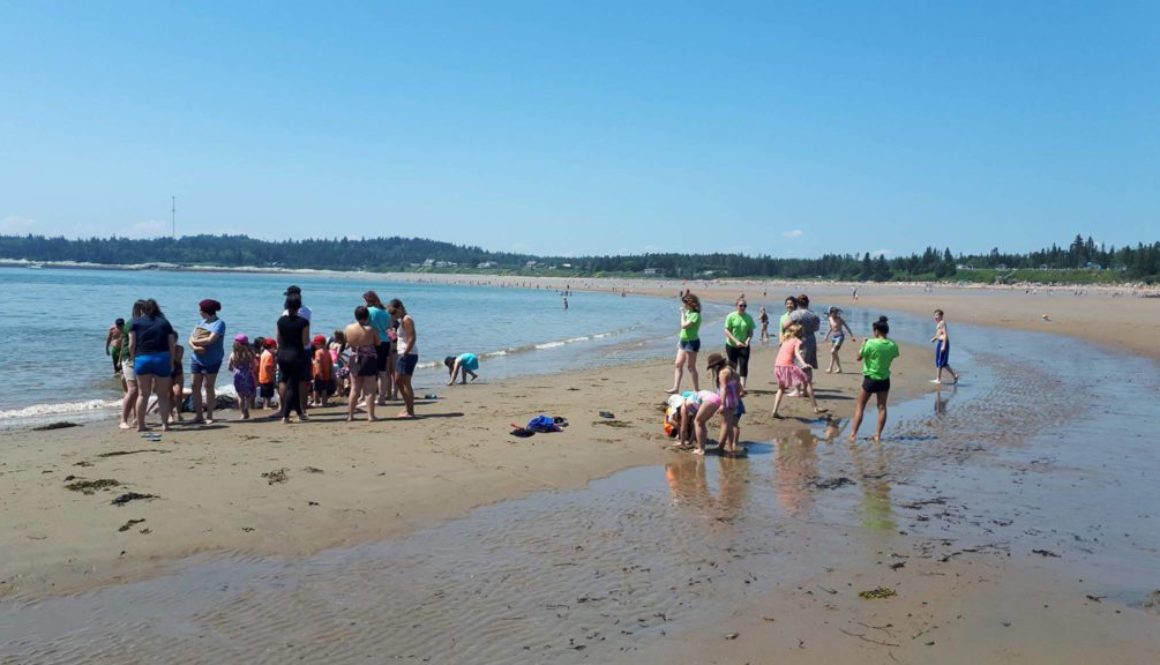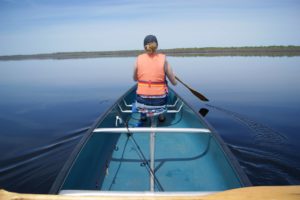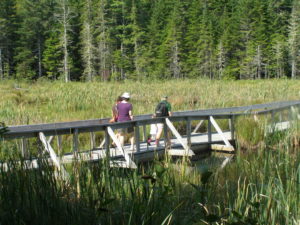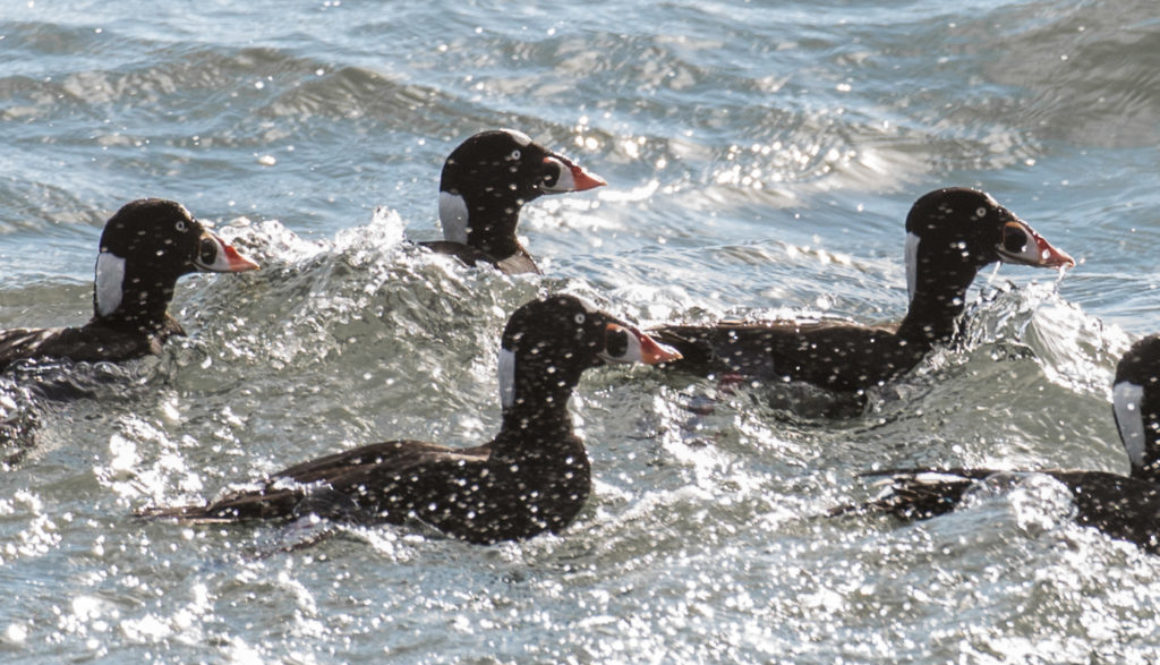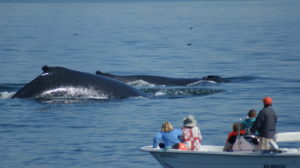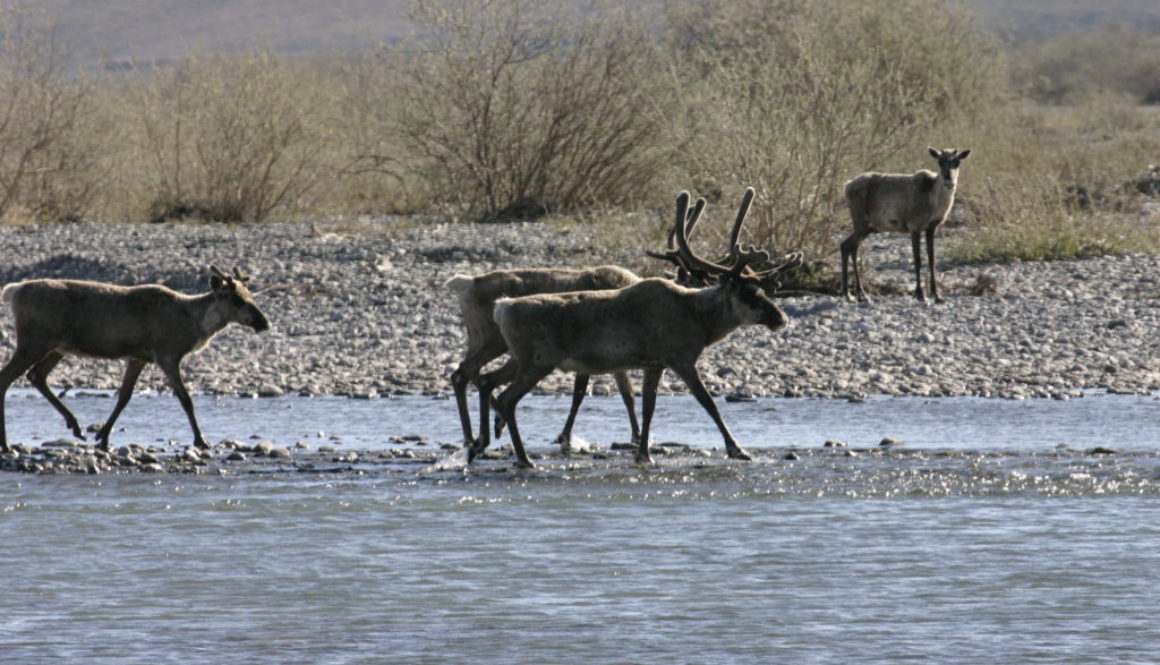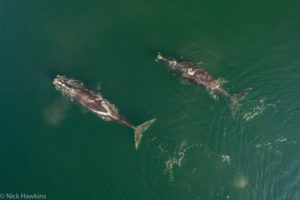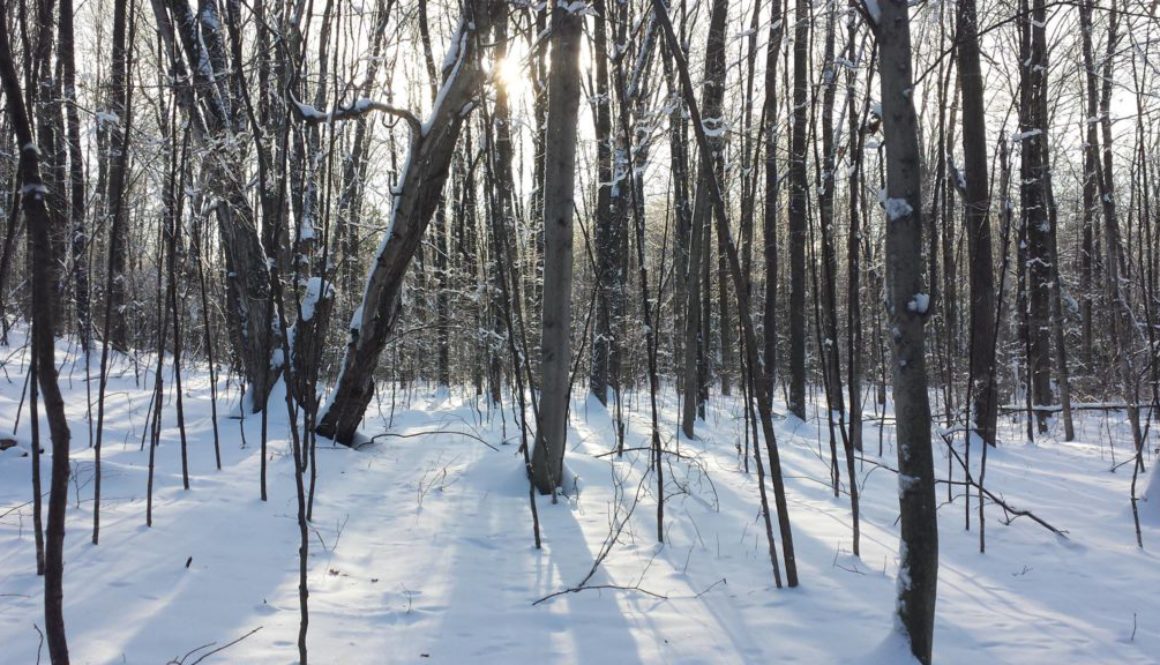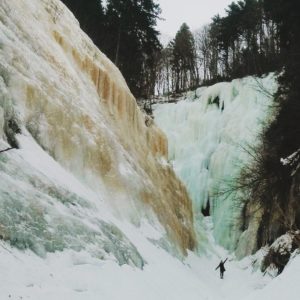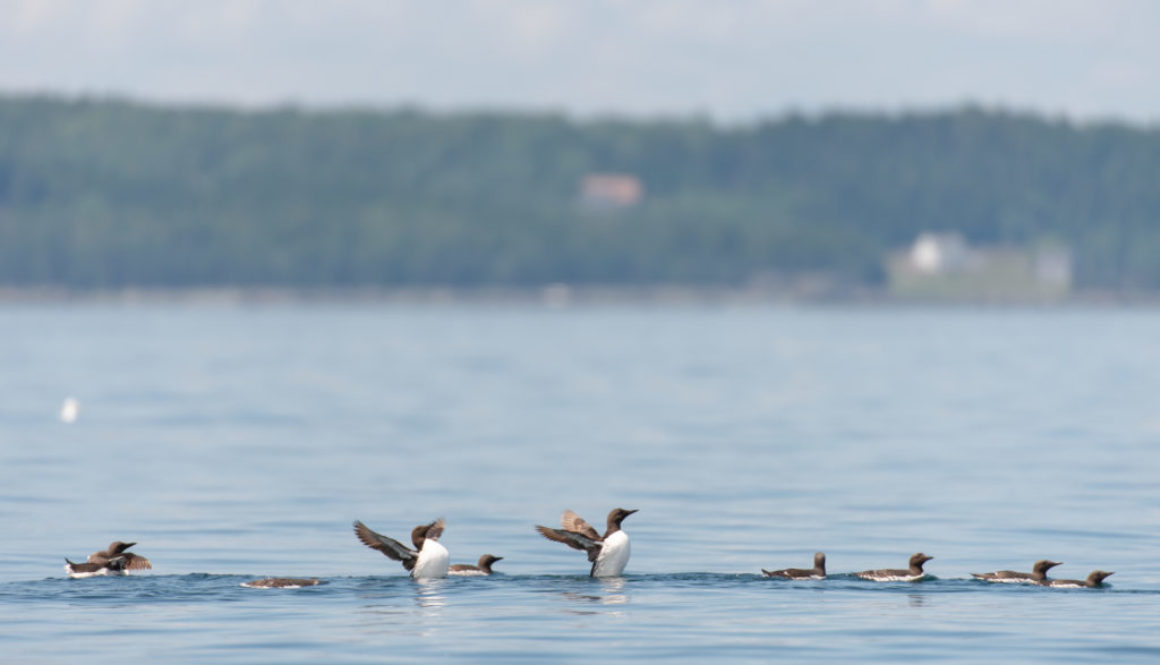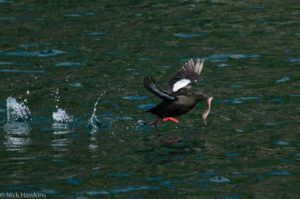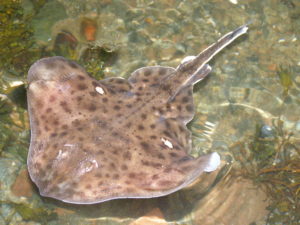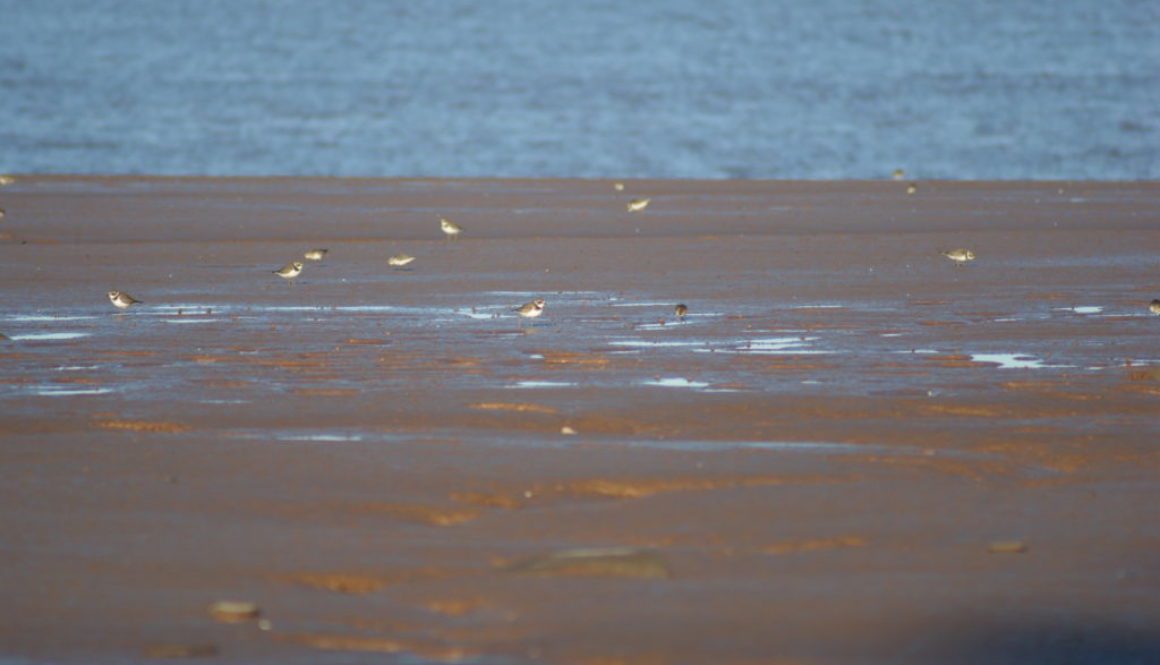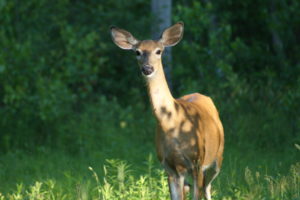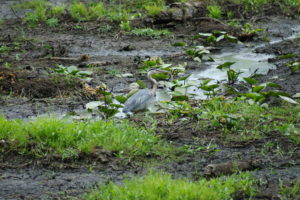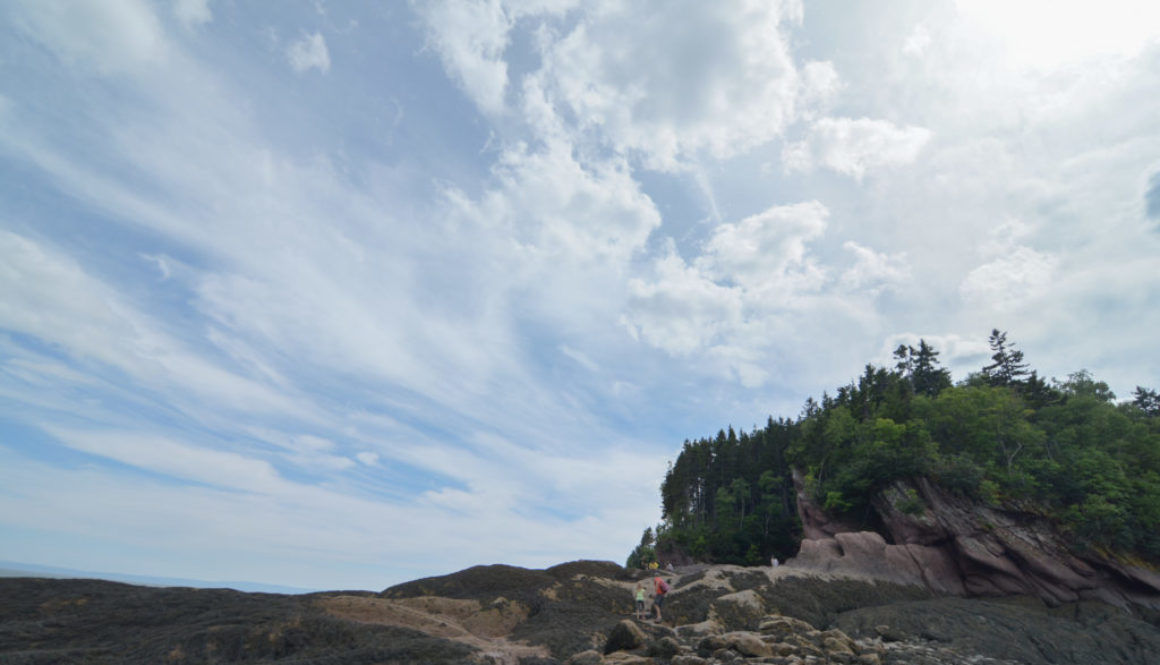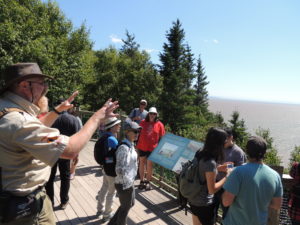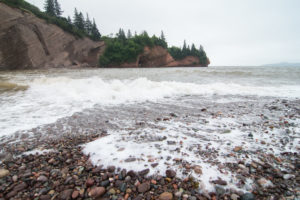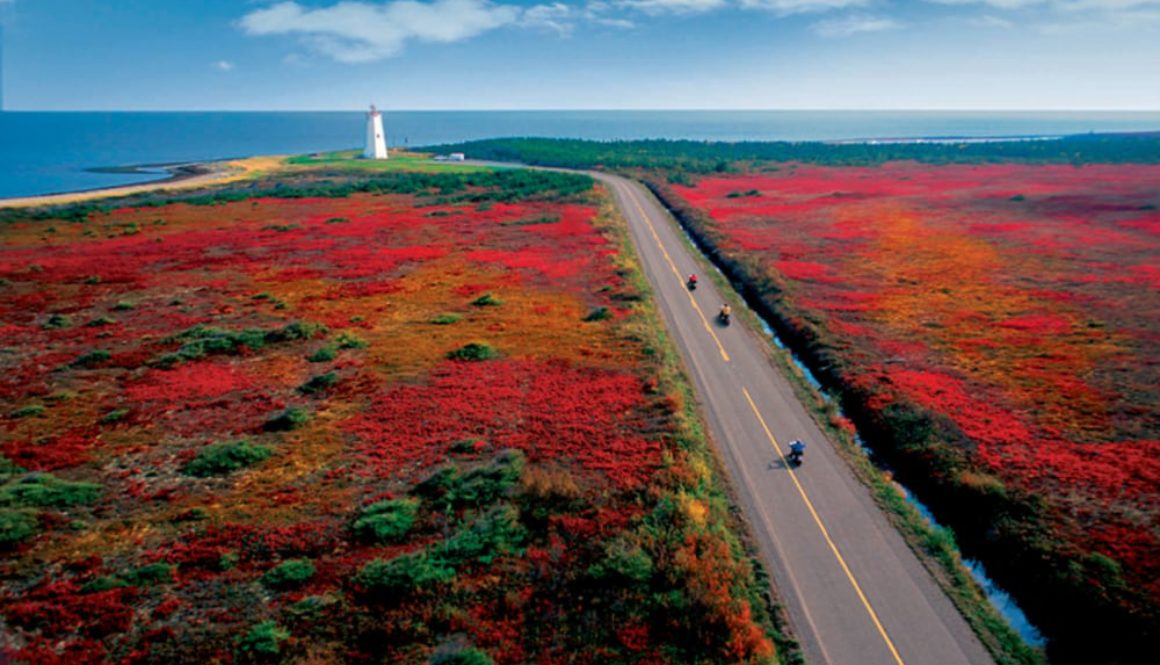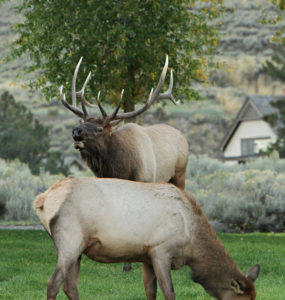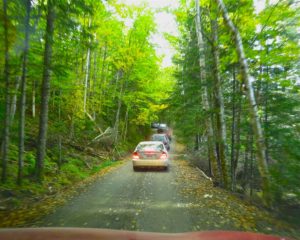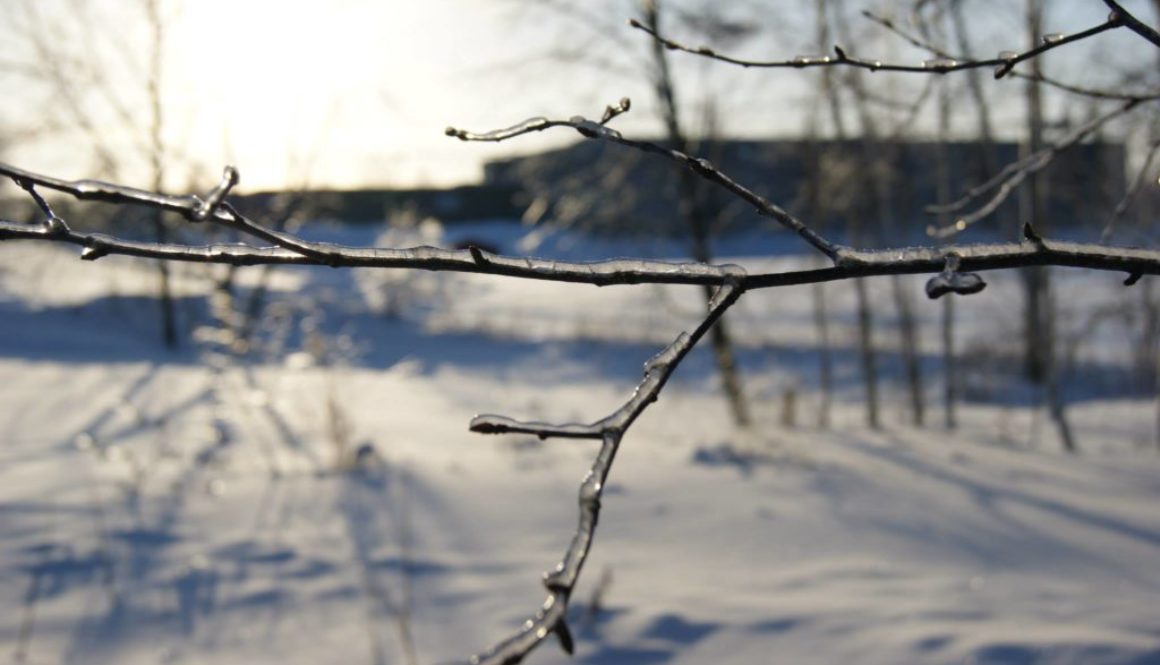Don’t be bugged, we need insects!

Insects are tremendously important to a healthy planet—they are pollinators, supporting plants in creating new life, they are a food source for plants, animals, and humans, and they are crucial for recycling nutrients important to all life on earth. They are the most diverse group of animals in the world, with more than 900 thousand kinds of insects making up about 80% of all of the world’s species [1]! They are also one of the most threatened groups, being in fast decline all around the globe.
A recent study of worldwide insect loss finds a dramatic and very concerning rate of decline, so much so that the scientists predict a possible extinction of 40% of the world’s insects in the next 20 to 30 years [2]. The proportion of insect species with declining populations is double that of all species with a backbone, like mammals, birds, and fish [2]. One third of all insect species are threatened by extinction as habitats are lost due to intense agriculture and urban expansion, pollution and pesticide use continue to be the norm, disease and invasive species continue to spread, and climate continues to break down [2, 3]. This research should have us all on edge.

Insects are often the “primary consumers” in an ecosystem, turning the sun’s energy captured by plants through photosynthesis into another form that supports the rest of the food web. A rapid loss of insects might mean less food for birds, small mammals, and even fish as many insects, such as dragonflies, have an aquatic life stage. Making matters worse, losing native insect species might open the door for non-native species to become invasive, causing further problems for local forests and forestry – similar to the negative impacts of the emerald ash borer, an invasive and destructive insect in North America. As climate continues to break down, temperatures and humidity that are so important to insects will also continue to change. This means that insects might behave differently, which might be bad news for local crops. If insects don’t behave in the same ways that we’ve come to expect, crops might not be pollinated resulting in fewer fruits and vegetables produced. Abundant and diverse insects are absolutely essential to a productive and sustainable agriculture industry.
There are other industries in New Brunswick that depend on bountiful crops, like the livestock, poultry, and dairy industries. New Brunswick’s agricultural sectors provides more than 13,000 jobs in the province and supports a more than $1 billion industry [4]. With some New Brunswick crops being highly dependent on pollinators, like apples, cranberries, blueberries, and beans [5,6], the loss of insects is a serious concern. Beyond economics, a threatened agricultural sector means more risks for food and water security, the wellbeing of animals, and strong protections for our ecosystems [5].
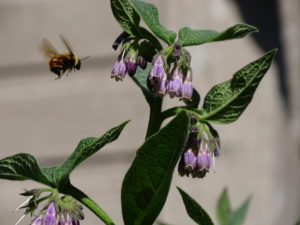
When we design protected areas, we need to carefully consider all species and their role in creating a healthy ecosystem. CPAWS-NB is advocating for a network of protected areas that includes all of New Brunswick’s most important flora and fauna for sustaining a healthy ecosystem, and a network that makes ecological sense so that all species, including insects, can survive and thrive. At home, you can support your friendly insect neighbours by building gardens full of local species, by avoiding weeding, and by ditching chemical products.
You can help CPAWS-NB and support our work in protecting New Brunswick’s nature with a small donation! Take action here!
References:
[1] Smithsonian Institute. (2019). Numbers of Insects: Species and Individuals. Department of Systematic Biology, Entomology Section, National Museum of Natural History. Retrieved April 7, 2019 from: https://www.si.edu/spotlight/buginfo/bugnos.
[2] Sánchez-Bayo, F. & K.A.G. Wyckhuys. (2019). Worldwide decline of entomofauna: A review of its drivers. Biological Conservation, 232, 8-27.
[3] Hood, M. (2019). World seeing ‘catastrophic collapse’ of insects: study. Phys.org. Retrieved April 7, 2019 from:https://phys.org/news/2019-02-world-catastrophic-collapse-insects.html.
[4] Government of New Brunswick. 2019. Agriculture. Agriculture, Aquaculture, and Fisheries. Retrieved April 7, 2019 from: https://www2.gnb.ca/content/gnb/en/departments/10/agriculture.html.
[5] Pielke, R.A. Sr. (2013). Climate vulnerability: understanding and addressing threats to essential resources, 1st edition. Elsevier Inc., Academic Press: Oxford, UK.
[6] American Beekeeping Federation. (2018). Pollination facts: honey bees are pollinators. Retrieved April 7, 2019 from: https://www.abfnet.org/page/PollinatorFacts.
Julie Reimer is a PhD student at the Memorial University of Newfoundland and a Board Member of CPAWS-NB. Having worked in the whale watching industry in New Brunswick and conducted her Masters research on conservation planning for the North Atlantic right whale, Julie is an advocate for MPAs in New Brunswick. Julie’s current research attempts to see the “bigger picture” of conservation, reaching beyond protected areas to understand the synergies between conservation actions and ocean industries. To connect with Julie, visit http://juliereimer.wixsite.com/hello.

